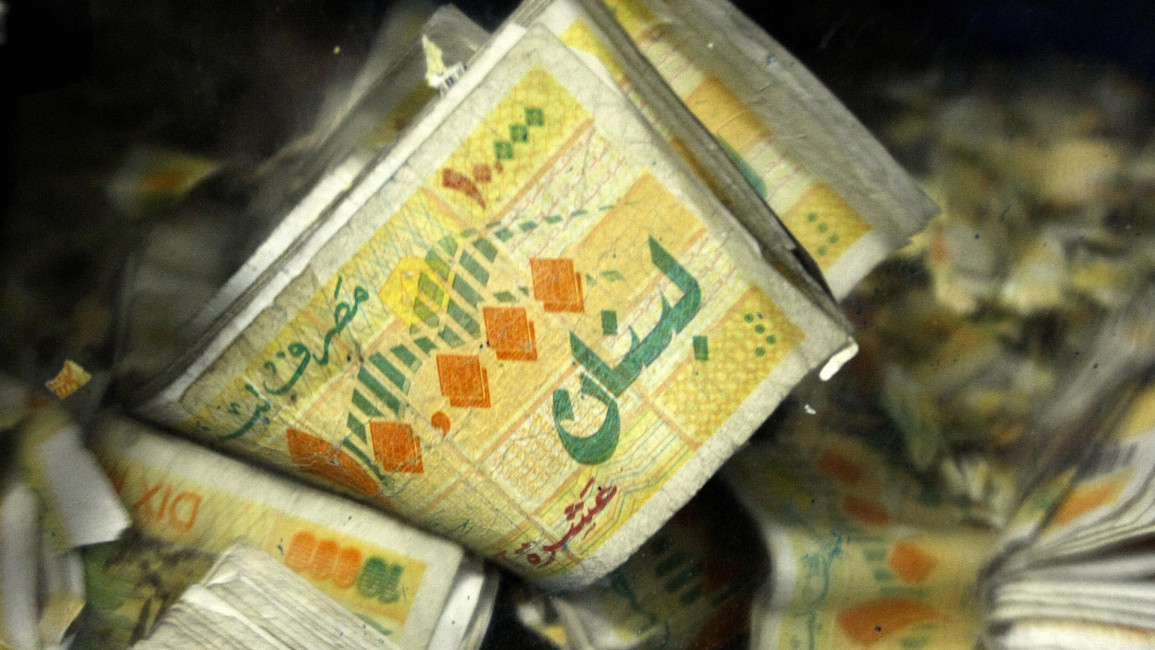Lebanon's dollar bonds tumble as protesters bring country to standstill
Lebanon’s dollar bonds fell as much as 1.9 cents on Friday, after public anger exploded onto the streets in one of the biggest protests in years.
The 2025 bond suffered its sharpest decline in two months after it dropped to 67.09 cents in the dollar, according to data cited by Reuters.
A proposed tax on messaging applications like Whatsapp sparked the protests, forcing the government to hastily scrap the idea. Despite pulling the proposal, thousands of protestors took to the streets in several cities across the country, and are now demanding the resignation of Hariri’s government.
Also read: Lebanon Rises: Second wave of Arab Spring protests arrive in Beirut
Public resentment in Lebanon has been growing steadily over the past few years. Austerity measures by billionaire politicians combined with bad governance and endemic corruption, along side external factors such as the spillover from the devastating war in Syria has taken its toll on the Lebanese economy.
The protests have being called the second wave of the Arab Spring protests, with demonstrators chanting anti-government slogans heard during the 2011 uprisings.
The protests follow wildfires which tore through large parts of the Lebanese countryside earlier this week, destroying homes and hundreds of acres of forest. The government was unable to respond properly due to the lack of firefighting infrastructure, leading to accusations of neglect and widespread public outrage.
The anger spilled over on Thursday, when Information Minister Jamal Jarrah had announced a 20 cent daily fee for users who made calls on apps such as Whatsapp and Viber, telling reporters it could bring in $200 million.
Economic growth has plummeted in Lebanon as a result of a repeated political deadlock in recent years, and was compounded by the impact the war in neighbouring Syria that has dragged on for the last six years.
Lebanon’s debt stands at around $86 million, according to the finance ministry, higher than 150 percent of GDP.
According to data from regional research group Arab Barometer, 91 percent of Lebanon's citizens believe corruption has significantly affected public institutions, with only 27 percent saying that the country's government is working to tackle the issue.



